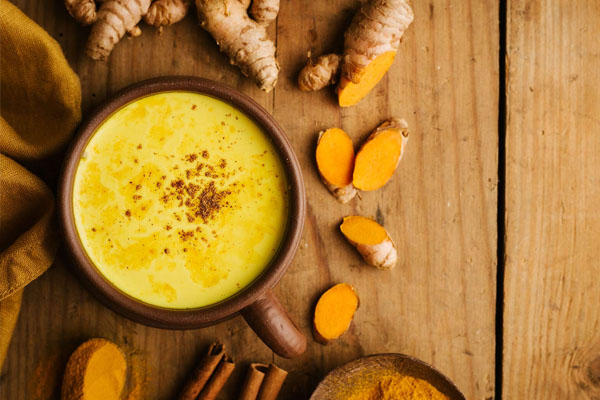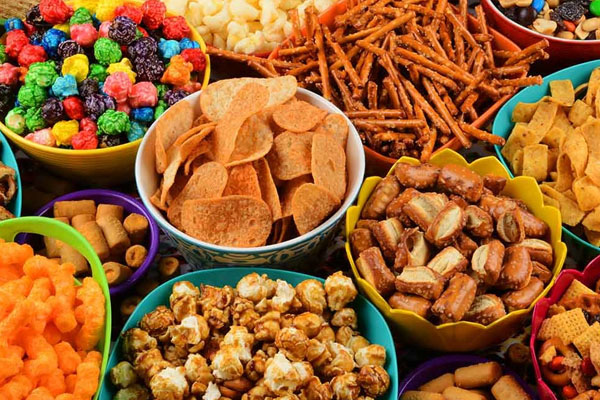When you have built your alkaline reserves then these foods can be tolerated by some in moderation.
- Wheat and white flour products (Wheat has been denatured greatly and is no longer possible for humans to digest. Einkorn and Emmer are ancient field-hybrids and are the closest to the original wheat. Spelt and Kamut when prepared as sourdough bread work for some).
- Refined sugar and sugar pretenders such as high fructose corn syrup and the like. Because of long-time sugar overload, it is best to avoid sweeteners. Raw honey is the best choice.
- Dairy products are cold, damp and mucus forming. Cows milk is good for baby cows. Some can tolerate small amounts of raw or cultured products. Goat’s dairy is more easily digested.
- Alcohol – turns to sugar and impairs liver functioning greatly.
- Red meats and pork – as a bi-product of break-down they create uric acid. And are often raised fed wrong diet, and given hormones for quick growth and marketable marbled meat.
- Caffeine – is a strong addictive stimulant, that robs the body of vital minerals and is dehydrating
- Very spicy foods – irritates the gut lining
- Fried foods – deep frying in often rancid oils – are acidifying and clogs the arteries
- White starchy foods, high on the Glycemic Index like: white potato, white rice, white noodles, white breads
- Sulphurated dried fruits
- Non-organic soy products
- Refined, junk, denatured, greasy, oily, fatty, and pre-packaged/canned foods.
- GMO foods, stale foods, non-organic foods, foods with additives and preservatives and micro-waved foods.
- Peanuts and peanut products. Soak other nuts and seeds for 4-6 hours (discard the soaking water.)
- Bottled juices often loaded in sugar
The
information on this handout is for educational purposes only and is
not a substitute for medical advice, diagnosis, or treatment. For
more information pertaining to your personal needs, please see a
qualified health practitioner.
All
rights reserved Dr. Malik Cotter, www.malikcotter.com,
Copyright © 2019


